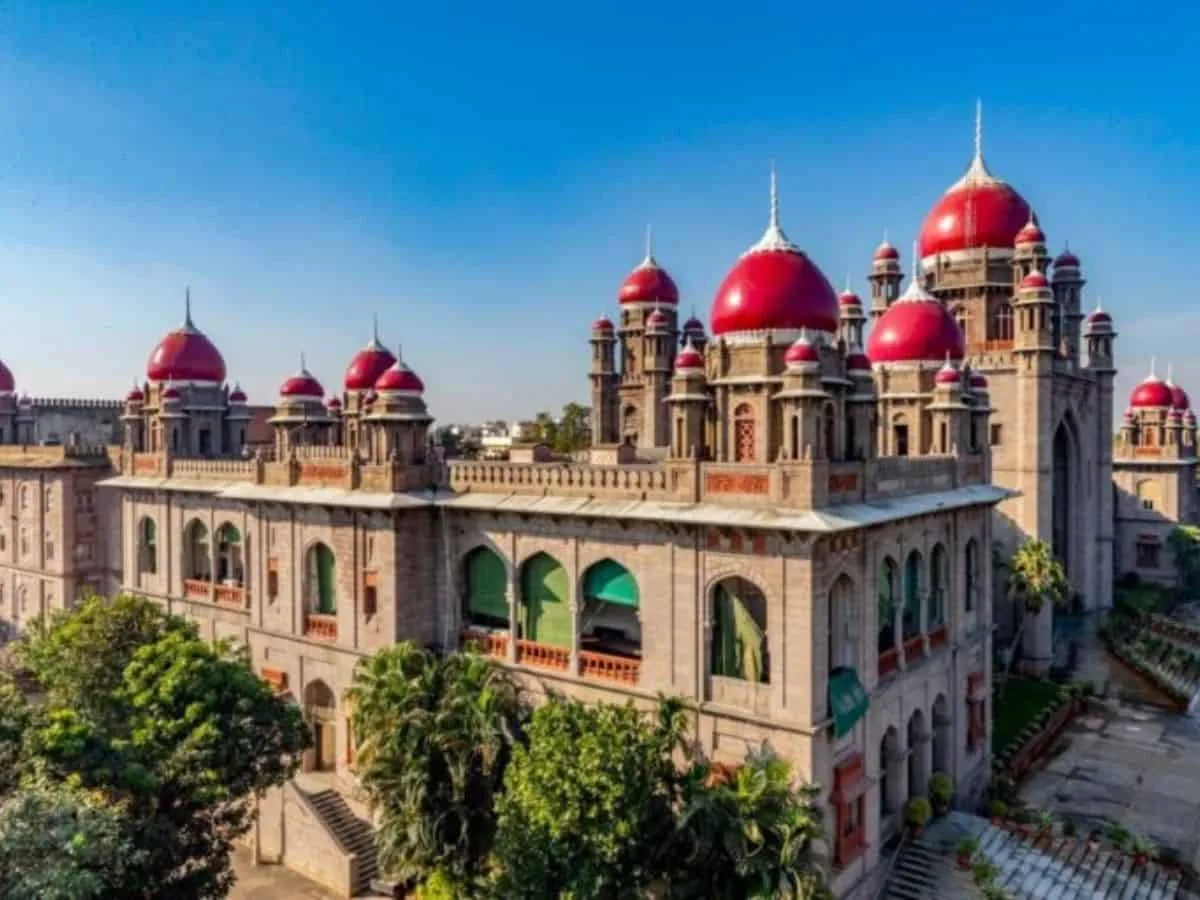Hyderabad: The Telangana High Court has clarified that it does not have the jurisdiction to decide on the validity of land titles and related documents under Article 226 of the Constitution. Instead, such disputes must be resolved by civil courts through civil suits.
The case in question involved seven acres of land (Rock Cliff) in Survey No. 396 of Banjara Hills, Sheikpet village, Hyderabad.
Several petitioners, claiming to be heirs of Diwan Maharaja Kishan Pershad, filed petitions asserting their rights to the land. Despite ongoing disputes over ownership, these petitioners requested the cancellation of all agreements, including power of attorney documents, made with Prestige Estates, a real estate company, claiming the land had been purchased from their ancestors.
After extensive hearings, Justice CV Bhaskar Reddy delivered the verdict, noting that the petitions raised complex issues such as the existence and authenticity of records, the true ownership of the property, and the legitimacy of the documents in question. The judge emphasised that:
“When there is no clear record, and questions arise about who the true owner is, how the property was acquired, and whether the documents are genuine or fabricated, all these issues are embedded in these petitions. Such matters can only be decided by civil courts through civil suits, not by the High Court under Article 226.”
The court further cited Supreme Court precedents, which have consistently held that disputes regarding property rights must be adjudicated by civil courts. The High Court also recalled its earlier decision in the Chittoor District Collector vs. Nakka Jayalakshmamma case, which stated that the government does not have the authority to issue NOCs for private or patta lands.
The judgment made it clear that even if permissions have been granted for residential or apartment construction in 2025, such approvals do not affect the outcome of ownership disputes. The court dismissed the petitions, advising both parties to approach the civil courts to establish their rights.
Justice Reddy also cautioned that the observations made in this judgment are relevant only to the disposal of these petitions and should not be treated as having evidentiary value in future proceedings.







